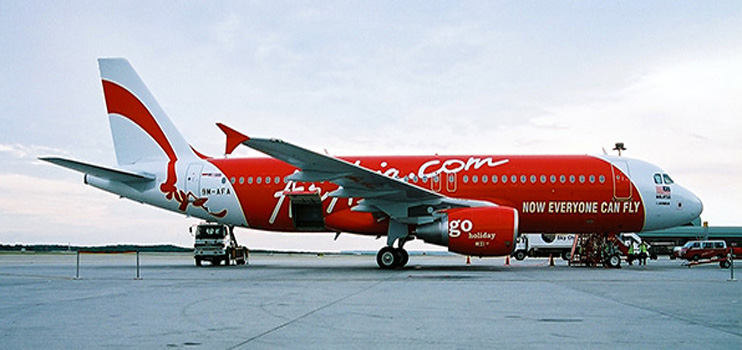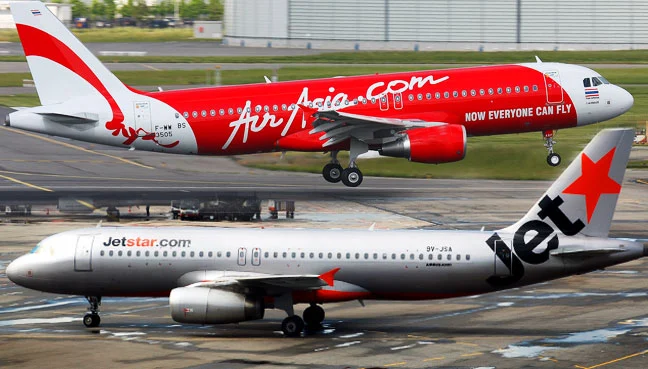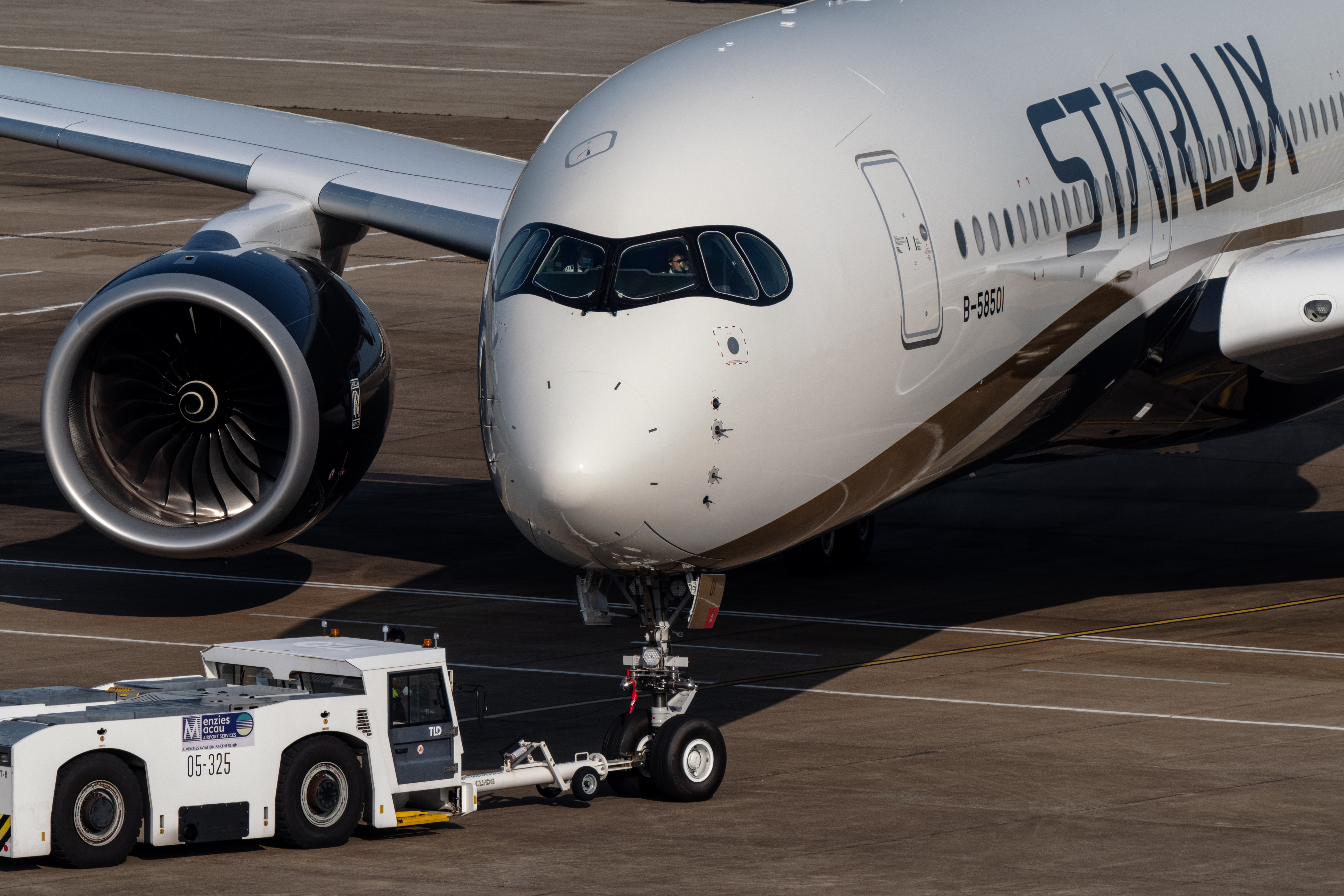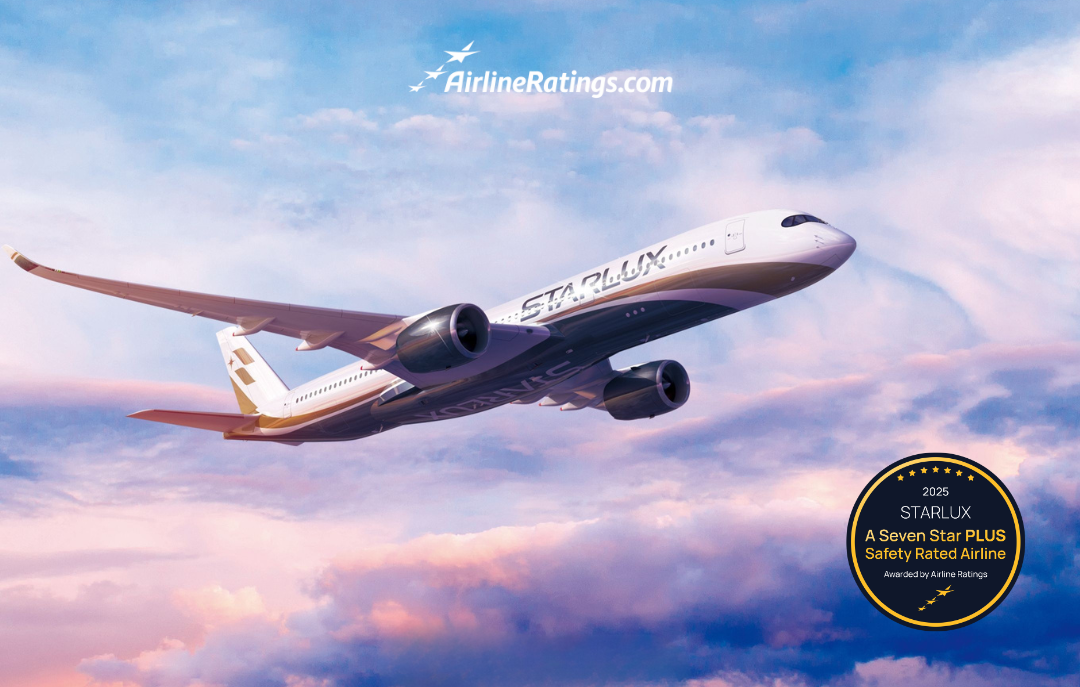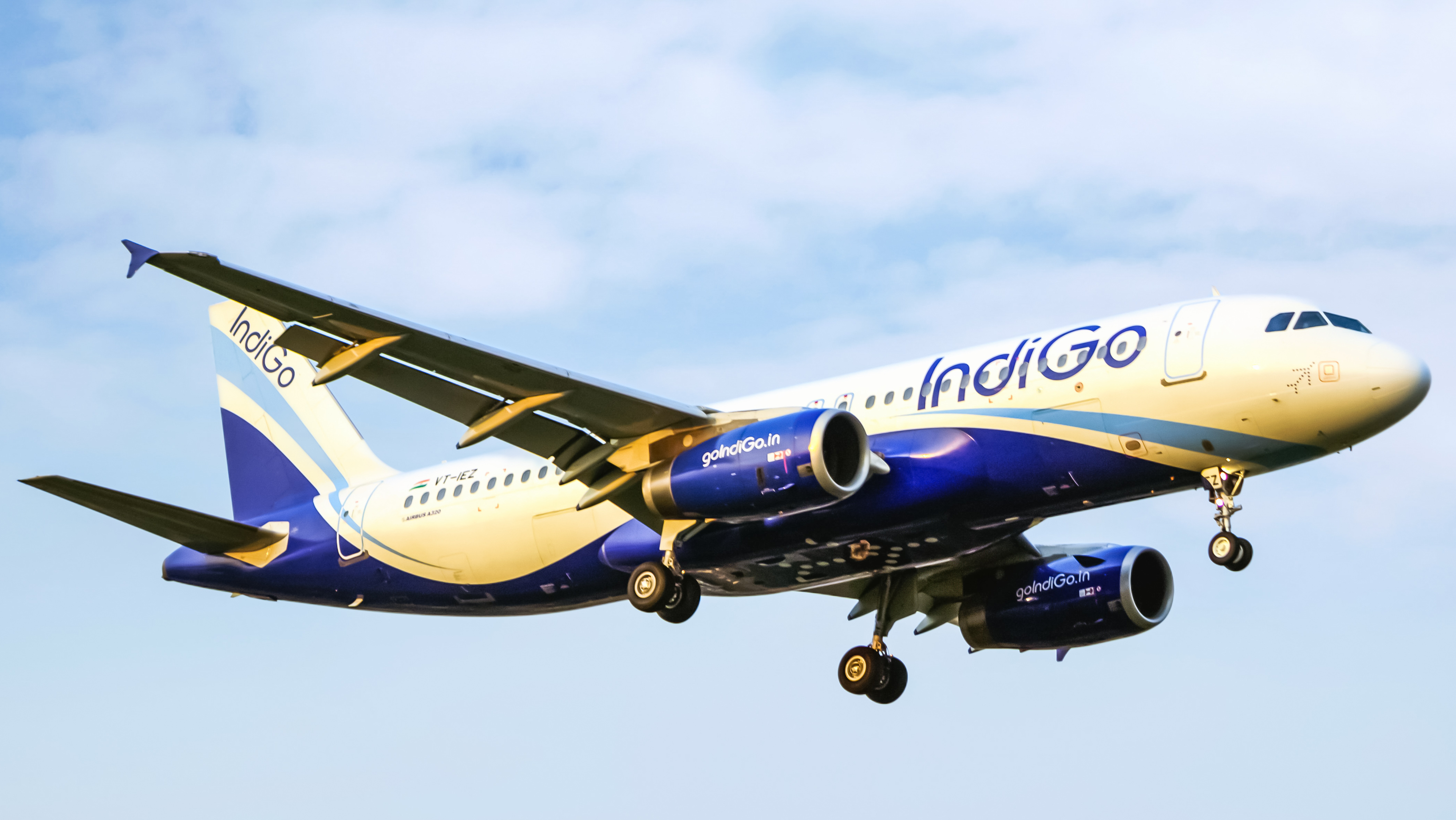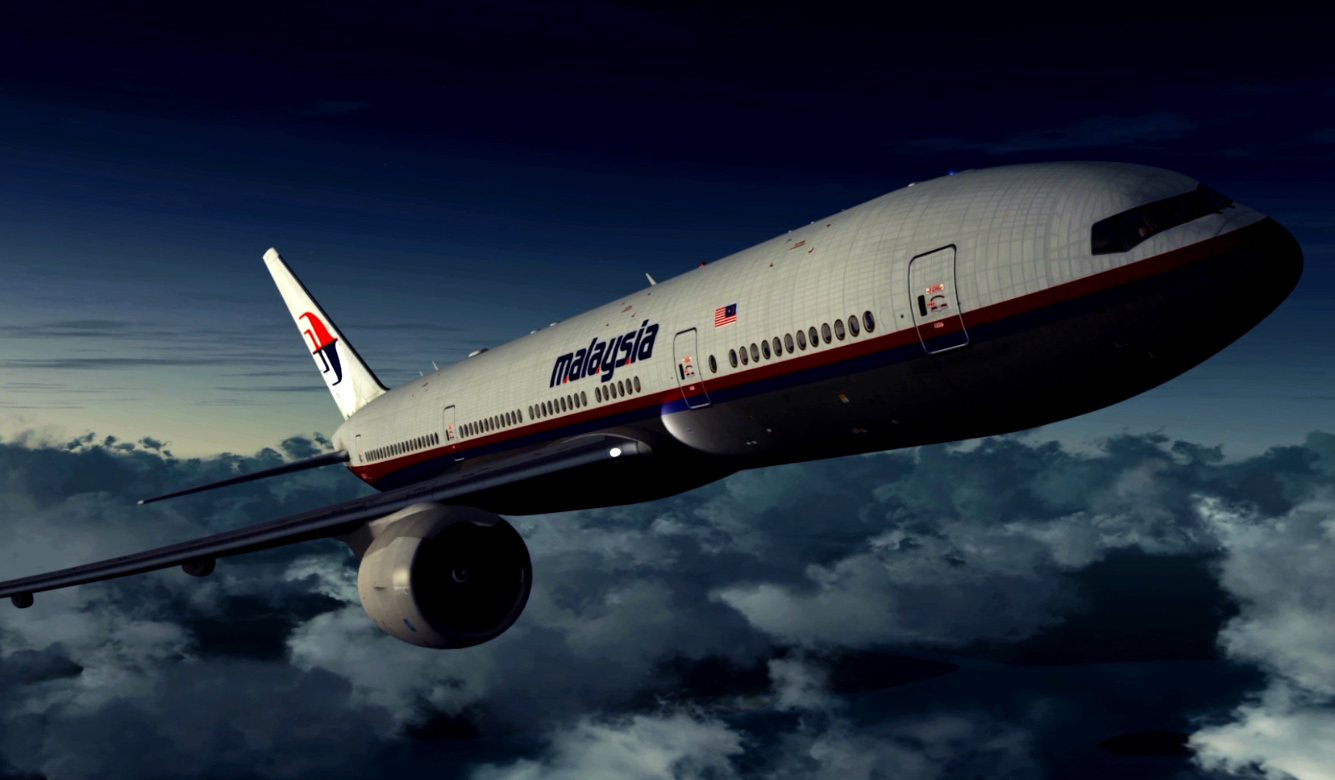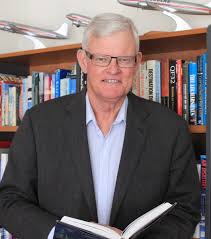
By Geoffrey Thomas
Published Mon Jan 05 2015
The question is being asked all over Asia — should we fly AirAsia to our favourite holiday destinations.
It is not quite as simple as “you get what you pay for”.
But that is a major factor.
Qantas is the world’s safest airline and it has the highest standards for training.
Read: Who are the world's safest low cost airlines?
When you pay for your Qantas ticket, you are paying for some of the best-paid pilots who are likely to be Top Guns.
You are also paying for one of the world’s most sophisticated plane monitoring systems that detects problems before they become serious.
But surveys taken before last year’s extraordinary string of airline disasters show that, though 60 per cent of passengers have a fear of flying, only 27 per cent choose safety over price. Clearly, not all passengers put a value on their lives.
Low-cost airlines usually have tighter schedules with less back-up. So, when a plane breaks down, the disruptions can be longer. They work with fewer ground staff, which manifests as less customer service.
Low-cost airlines now make up almost 20 per cent of all travel into and out of Australia.
The big loser has been Qantas, with its market share declining from about 40 per cent in 1988 — when Dustin Hoffman’s character in Rain Man uttered the famous words “Qantas never crashed”— to about 17 per cent last year.
Passengers have been turning their backs on Qantas as the safety records of its competitors have improved greatly, mainly through advances in plane safety. But, tragically, there are still plane crashes.
Low-cost airlines have been around since the 1930s but the accepted game changer was Texas-based Southwest Airlines which in 1972 with just three planes, started serving just peanuts on flights and charging rock-bottom fares. It is the only low cost airline from the modern era that is still in business.
AirAsia brought the low-cost concept to Asia in 2002. It has been a huge success, with more than 230 million passengers carried on the group’s services.
It has joint-venture partners in Indonesia, Thailand, Japan and the Philippines, as well as long-range partner AirAsia X in Kuala Lumpur.
Up to December 28, the airline group had operated without a fatality but it has not completed the International Air Transport Association’s Operational Safety Audit.
Airlines that have done the IOSA have a 4.3 times better safety record than ones that have not. However, that is not to say AirAsia is 4.3 times less safe than other IOSA airlines — the ratio is distorted by the big number of Third World airlines with terrible crash records that have also ignored the audit.
The audit is an internationally recognised evaluation designed to assess the operational management and control systems of an airline.
Other major low-cost carriers that have not done IOSA include Southwest Airlines in the US and Ryanair and Easyjet in Europe.
They argue they have robust systems in place and do not need to do the audit.
AirlineRatings.com initially rated the AirAsia group five stars out of a possible seven because it had not done the audit.
But would I fly on IndonesiaAirAsia? I never have and never will — though, as a rule, I don’t fly on low-cost airlines because the seating is too cramped for my height. And I would not consider flying on any airline that had not done IOSA.
IOSA makes a difference.
There has been considerable commentary since the Indonesia AirAsia crash about the safety of airlines in Indonesia and certainly most don’t score high marks. But 120 people die on Indonesia’s roads every day.
What airline you should fly on is a vexing question.
But perhaps the question to ask is: should you buy a more expensive car to ensure you’re safer driving to the airport?
